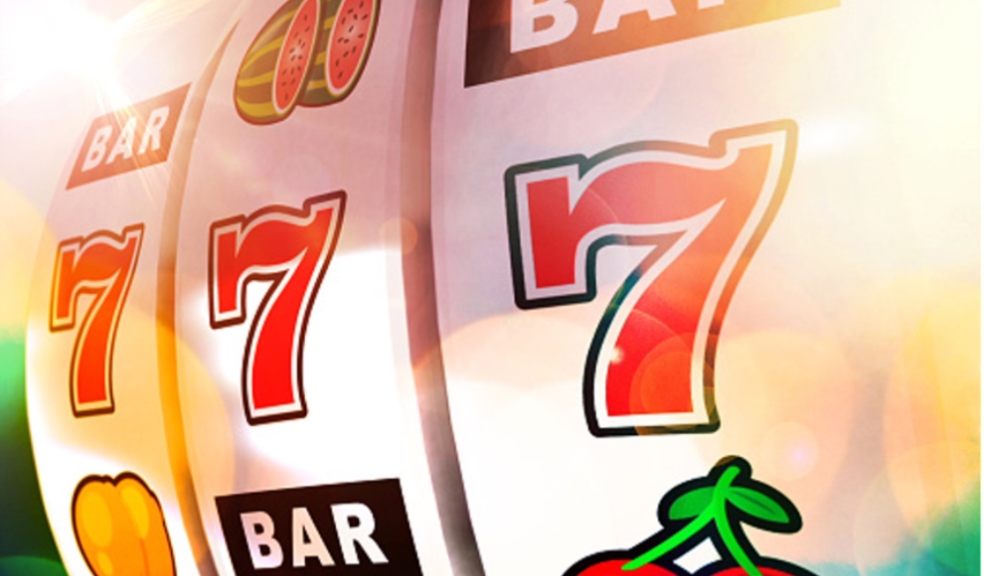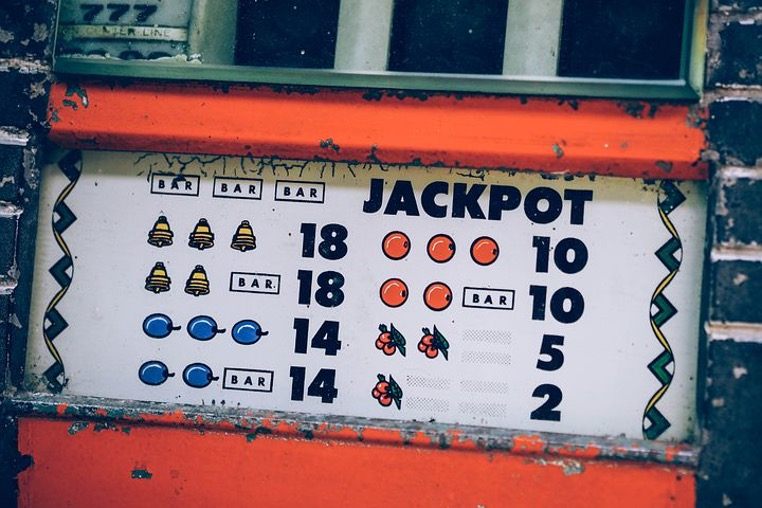
Why do Brits love a fruit machine?
Across the globe, they go by many names: the slot machine or slots, the puggy, the pokie and even the one-armed bandit, but in the UK we know them most commonly as the humble fruit machine. And we’ve had a prevailing relationship with the little boxes of sound and light since their introduction over one hundred years ago—many Britons are in search of the best slot machine they can find.
A fruit machine, in its most rudimentary form, is a series of at least three reels which, when prompted by the player, spin independently from one another and come to rest each displaying one of several symbols. When matching symbols line up, the player wins.
Symbols vary from machine to machine but each game has its own hierarchy of payment increments as you approach the jackpot icon. Fruit machines have developed since their earliest counterparts to feature more than three reels, several pay-lines—more opportunity for the symbols to line up—and any number of themes and motifs.
Due to recent changes to legislation making them less easy to find, fruit machine usage has dropped from 4.2% of people surveyed stating they participated in fruit or slot machine usage at least once every four weeks in 2019 to 1.3% in 2020—which is still a significant number of us. There has been an industrywide shift of many players’ habits from real world casinos and gaming machines to online equivalents.
The history of the slot machine

Although Slot machines were developed in New York, its influenced became significant in the UK.
The precursor to the slot machine was first developed in Brooklyn, New York by Sittman and Pitt in 1891. The gambling machine that they produced consisted of five drums that could display fifty card faces and was based on the card game, poker.
The German born Charles Fey evolved the concept four years later by simplifying it, incorporating only three reels and various symbols, including horseshoes, diamonds, hearts, spades and the now famous ‘Liberty Bell’ symbol.
A simplified scoring system meant players could recognise winning spins more easily. He dubbed the machine the Liberty Bell and jump started a burgeoning mechanical gaming machine industry.
Fruit machines and the UK
Over the subsequent decades, the machines would become a mainstay of casino real estate, occupying more floor space than any other game in most casinos worldwide. The same is true of UK casinos, however, ever since the 1960s you’d be just as likely to see a fruit machine blinking away in the corner of a pub or sports club as you would a gambling institution.
By the middle of the 20th century, fruit machines had become synonymous with British seaside resorts that, at the time, were popular holiday destinations for families before it became more common to travel abroad. Entire sections of arcades would be dedicated to fruit machines where adults could occupy themselves while the kids played next door.
Fruit machines managed to find a loophole in British law that clamped down on betting machines that were based solely on luck. With the inclusion of the nudge—and later hold—button, they could now be categorised as games of skill and would continue to appear outside of casinos.
In such a competitive industry, casinos have always been early adopters of new technology and fruit machine technology is no different. The advent of digital machines meant developers could include more complex features, further win lines, better graphics and touch screens for players to interact with the games.
The introduction of the internet represented the biggest shot in the arm in the history of the fruit machine. Online casinos could offer countless slot machine titles that could be enjoyed from anywhere in the world.
Casino software companies would seek out the rights to popular movie and television franchises, music artists and video games to produce a product that would appeal to a broader demographic, no matter how niche those interests might be. Many of these games would begin to redress the often male dominated casino game reputation.
Online digital fruit machines could push the boundaries of what it meant to be a slot game. The strategy slot demands higher skill levels and often longer sessions than its simpler predecessors. And while some modern titles might bear little resemblance to Fey’s original Liberty Bell, software companies are keen to keep the familiar traditional cornerstone of spinning reels at the core of their product.
The future of fruit machines

For many, casino games are similar to casual video games that are likely to be played on mobile devices. This is why fruit machines are now some of the most popular apps available today. Casual games are typified by low barriers of entry, short play sessions and shallow learning curves—perfect for commutes or filling time when waiting for the bus.
Legislation over the past decade has made it harder for pubs and clubs to acquire a licence to have slot machines on their premises, prompting a decline in their numbers nationwide. This move has only increased traffic to websites and apps. The UK gambling commission have also recently announced new measures that will increase transparency and protection for players in the digital realm.
Brits have always had a penchant for a flutter and the lighthearted nature of the fruit machine make them attractive candidates for the beginner or seasoned gambler alike. Unlike some other casino games that seem destined for the annals of history, fruit machines appear future-proof and ready for their next development.




















